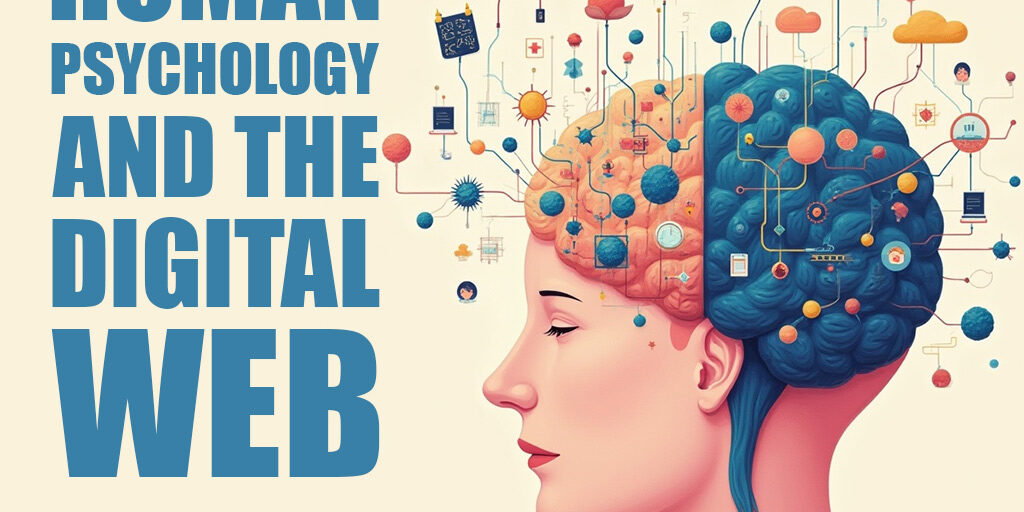The digital age has transformed human life more profoundly than any previous era. Technology, and particularly the vast interconnected “web world,” is no longer just a tool we use — it’s a space where we live, think, connect, and even define ourselves. But beneath the sleek interfaces and lightning-fast networks lies a complex psychological story about how the human mind interacts with this vast digital environment.
The Psychological Foundations of Technology Use
Human behavior is driven by deep-rooted psychological needs:
- Connection – We are social beings, wired to seek relationships.
- Control – We want to influence our environment.
- Competence – We seek mastery and accomplishment.
- Curiosity – We crave novelty and information.
The web world amplifies all of these. Social media platforms meet our need for connection; e-commerce gives us instant control over purchases; online games and learning platforms feed our sense of competence; and the infinite scroll satisfies (and sometimes overwhelms) our curiosity.
The Internet as a Psychological Environment
Unlike traditional tools, the internet is an interactive ecosystem. It’s not just a place we visit — it’s a psychological space that constantly reacts to our behavior. Algorithms learn our preferences and feed us content that reinforces our habits and beliefs, creating a feedback loop that can either empower or entrap.
Psychologists have observed two major patterns here:
- Positive loops – Skill-building apps, supportive online communities, or inspiring content that motivates positive change.
- Negative loops – Doomscrolling, misinformation spirals, and addictive design patterns that exploit our cognitive biases.
Cognitive Effects: How the Web Shapes Thinking
The abundance of information online has shifted our mental strategies:
- Cognitive offloading – We remember where to find information rather than storing it in our minds.
- Reduced attention spans – Constant notifications and rapid content turnover encourage short bursts of focus instead of deep concentration.
- Echo chambers – Online spaces can limit our exposure to diverse perspectives, shaping belief systems without conscious awareness.
These shifts are not inherently bad — they simply require us to adapt and balance speed with depth, breadth with accuracy.
Emotional Dimensions of the Web World
The web evokes powerful emotions:
- Joy & belonging from reconnecting with distant friends.
- Anxiety from cyberbullying, constant comparison, or digital overload.
- Empowerment from access to global knowledge.
- Fear from online privacy threats or misinformation.
Our emotional relationship with the internet is deeply personal and shaped by how, when, and why we use it. Mindful engagement can turn it into a source of growth; unconscious consumption can turn it into a drain.
The Future: Psychology-Informed Technology
As AI, virtual reality, and web 3.0 advance, technology will increasingly be designed with psychological principles in mind. This raises exciting possibilities — personalized education, emotional well-being tools, immersive therapy — but also ethical concerns about manipulation, bias, and autonomy.
To ensure a healthy future, we need:
- Digital literacy – Understanding how online systems influence thought and behavior.
- Ethical design – Building platforms that support well-being rather than exploit vulnerabilities.
- Self-awareness – Recognizing our own patterns in the digital world and adjusting consciously.
The relationship between human psychology, technology, and the web is a two-way street: our minds shape the web, and the web shapes our minds. This dynamic dance can lead to incredible creativity, connection, and knowledge — or to distraction, division, and dependency.
The challenge of our time is not to escape technology, but to shape it and our own habits so that the web becomes a tool for human flourishing, not a trap for human attention.
Have A Project In Mind? We’d Love to Hear from You 🙂
Submit the contact form below and schedule a free consultation with our expert!







